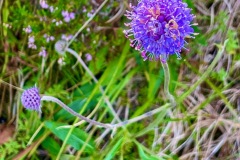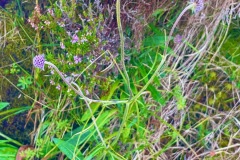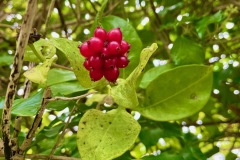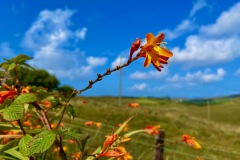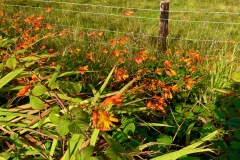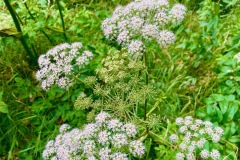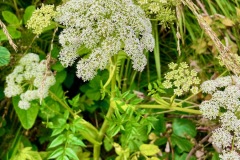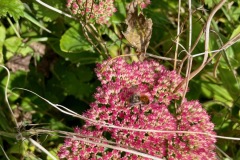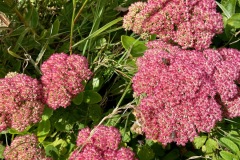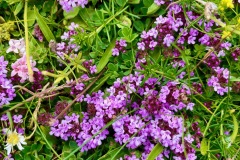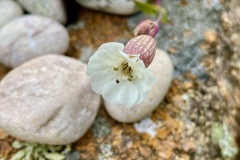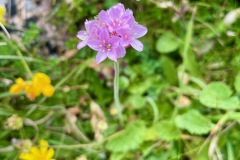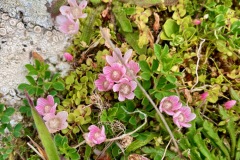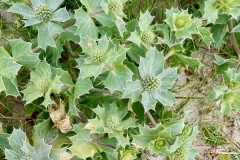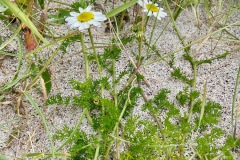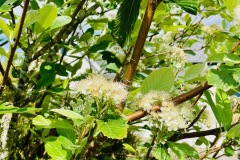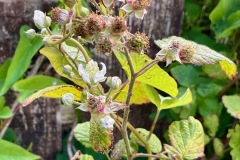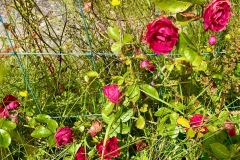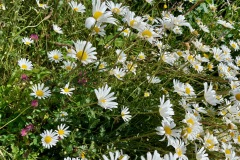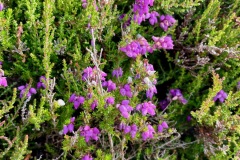An Ecological Recovery Centre dedicated to Saint Modomnoc of Ossory
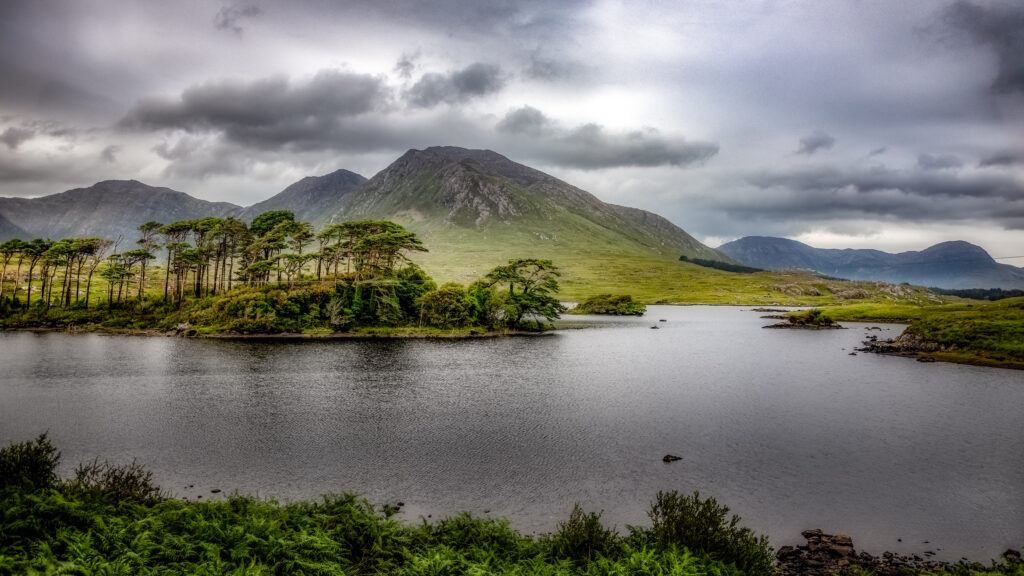
“Look at the birds of the air, for they neither sow nor reap nor gather into barns; yet your heavenly Father feeds them…”
―Jesus Christ according to Matthew 6:26
About 10 miles away from us, the Twelve Ben mountains stand above the Derryclare Lough. Irish native Scots Pines grow by the lake. Connemara National Park, Galway, Ireland.
CC License by Bernd Thaller.
Restoring Ecological Health to the Valley
The Shanakeever Valley suffers from a variety of stresses and degredations such as invasive species and acidification of lakes. Also, deforestation has changed its ecology so that, once covered with temperate rainforest, Ireland’s current forest coverage ranks among the lowest in Europe.
To address these problems, we hope to establish an ecological recovery centre dedicated to Irish Saint Modomnoc († 550 AD). By researching agricultural practices that offer strategic ecological support, we hope to help restore health to the strained bogland ecology. We want to establish a permaculture pond, plant native pioneer forests, and set up several deer fences around the back fields to encourage rewilding.
We look to many Holy Fathers, such as Saint Gallus of Switzerland and Saint Herman of Alaska, who reached for God deep in ecological wildernesses. Here, they sanctified God’s creation—even befriending wild beasts—through their prayers and valiant spiritual efforts. As demonstrated in the tales of Irish Saint Ailbhe’s wolves or the bees of Saint Modomnoc or Saint Abigail, those who faithfully love the beauty of God’s creation can see it restored according to God’s order.
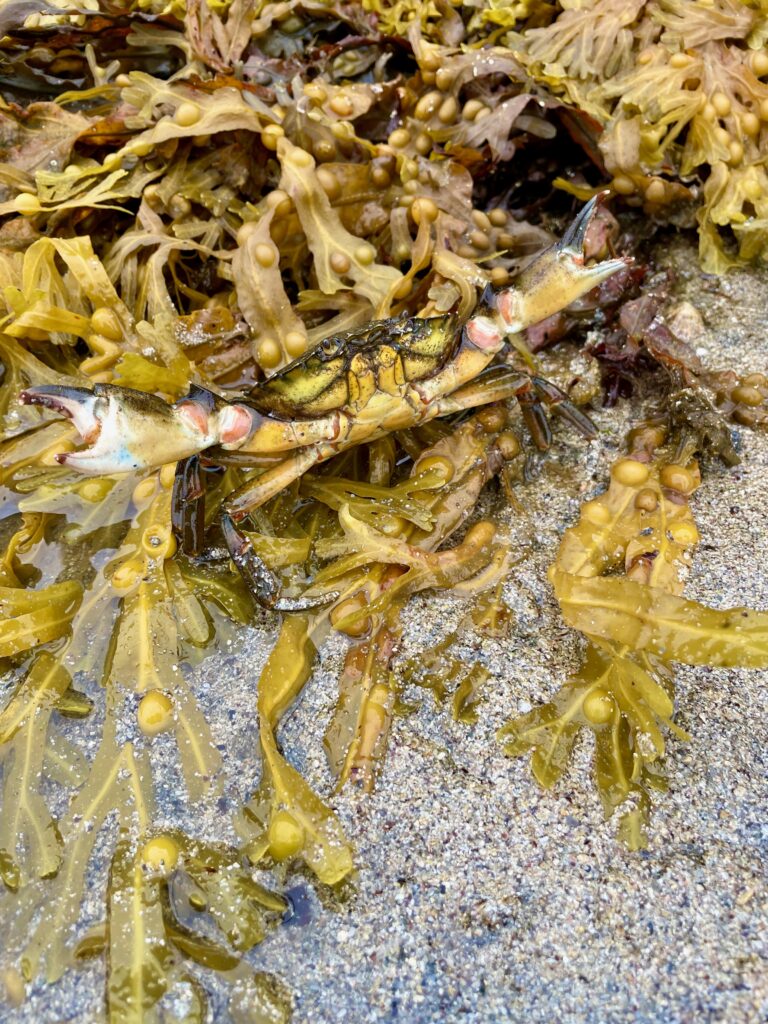
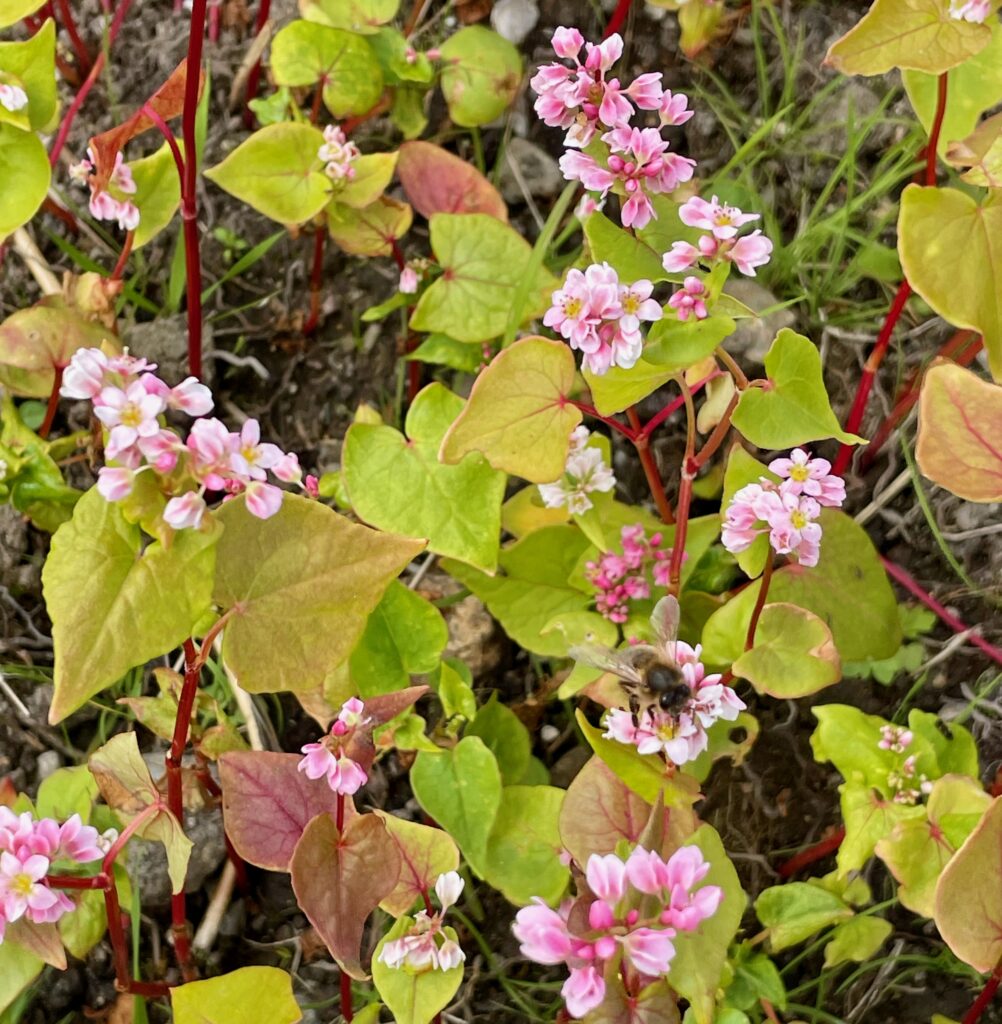
The Promise of Irish Bees
Prehistoric Ireland, according to both oral tradition and archeological evidence, suffered from an island-ecology. This meant that several key species, such as honeybees, did not exist. When Irish native Saint Modomnoc, thus, studied under Saint David in Wales, he became fascinated by the creatures. According to his hagiography, he took great joy in mastering the arts of beekeeping.
As Saint Modomnoc prepared to return to Ireland, the bees swarmed into the boat after him. Several attempts to return the bees to the monastery failed until, finally, Saint David blessed the bees to enter Ireland. There, besides delighting the Irish with wax and honey, they fulfilled a vital role in the Irish ecological environment. Bees brought Irish forests and farmlands into full bloom.
The Orthodox Church commemorates Saint Modomnoc, bishop of Ossory, on February 13/26.
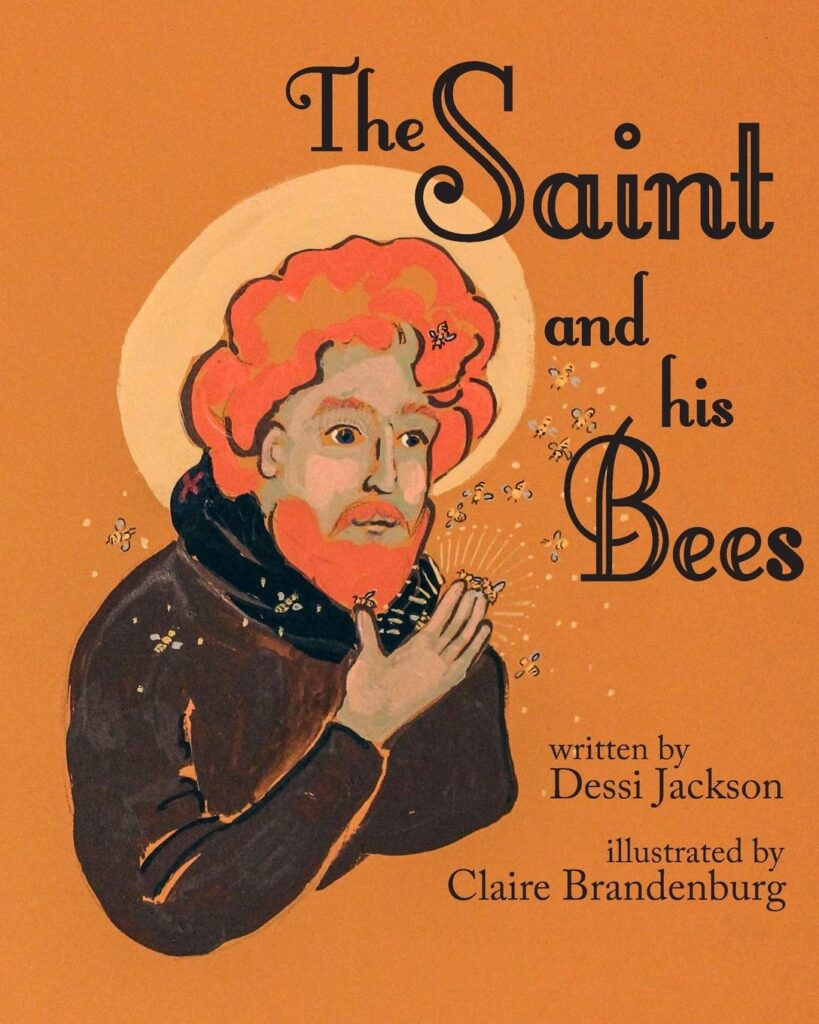
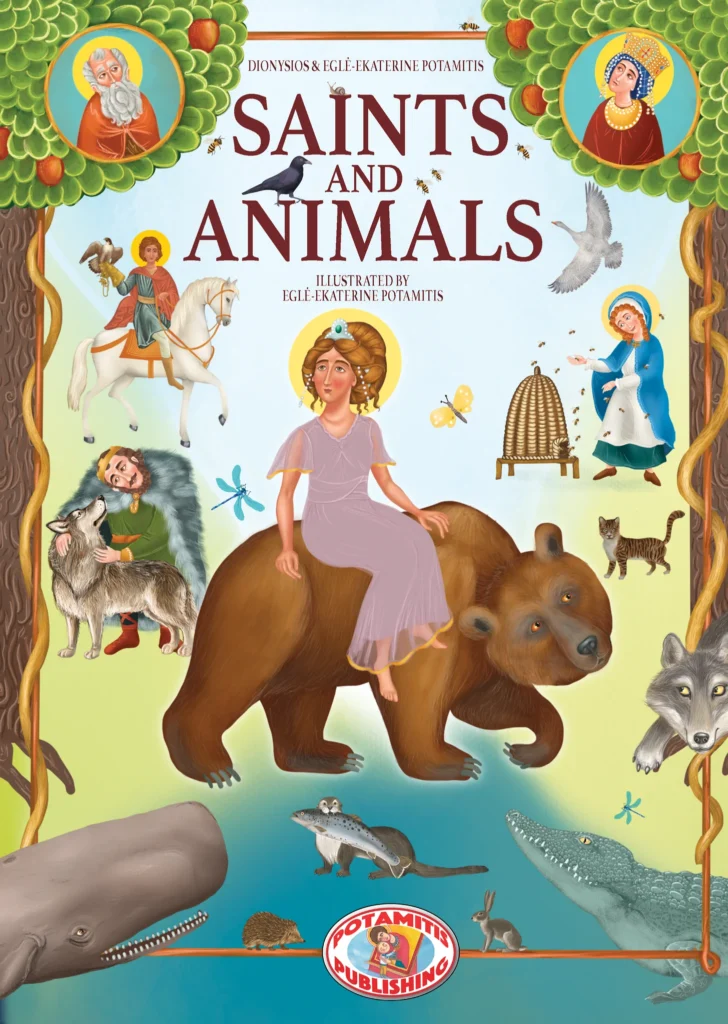
Wildflowers of the Valley
In an effort to identify some of the valley’s plant species, we have been using PlantNet, which is free, easy, and intelligently designed. It has helped us identify and sort through which flowers are native, edible, medicinal, useful to wildlife, etc.
